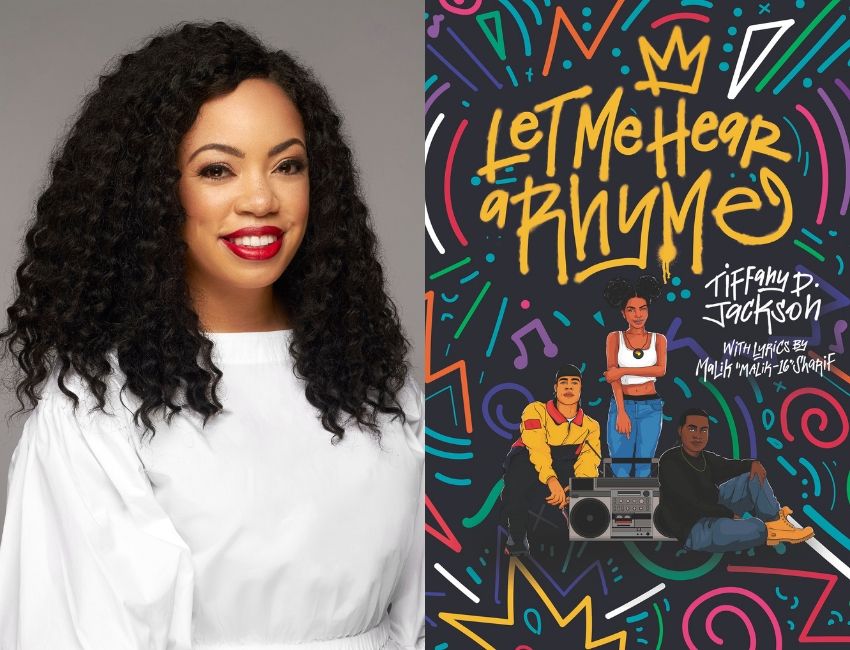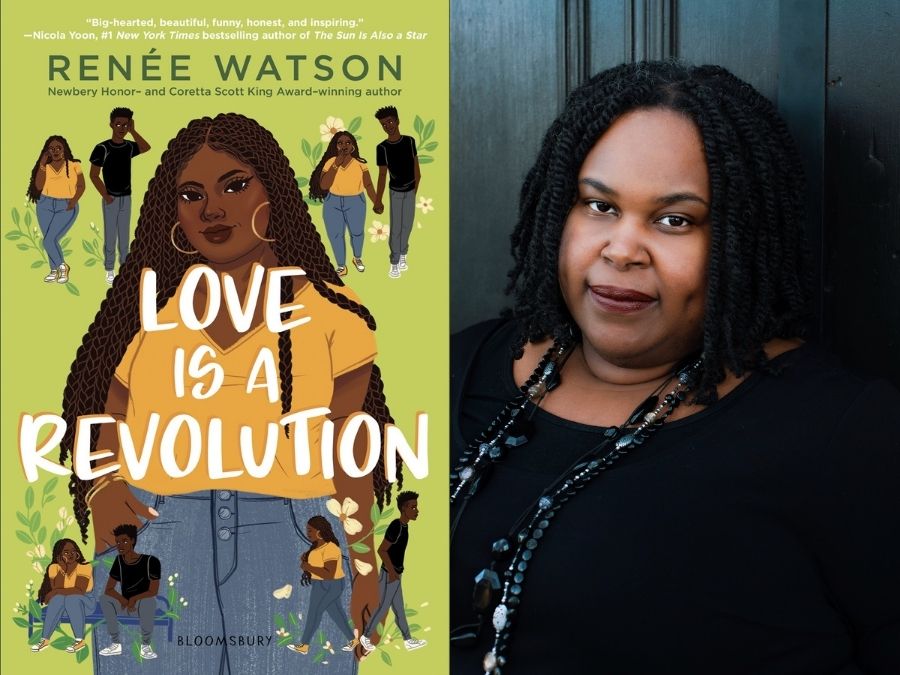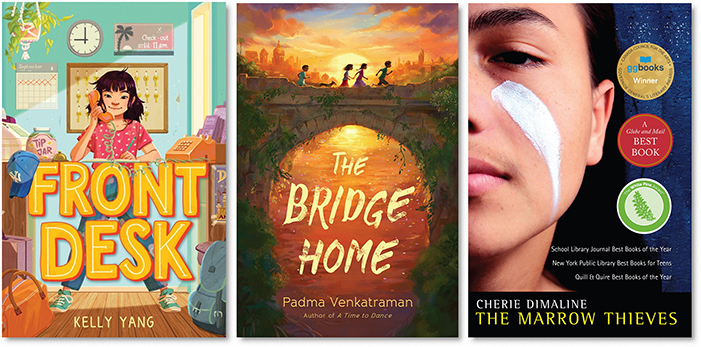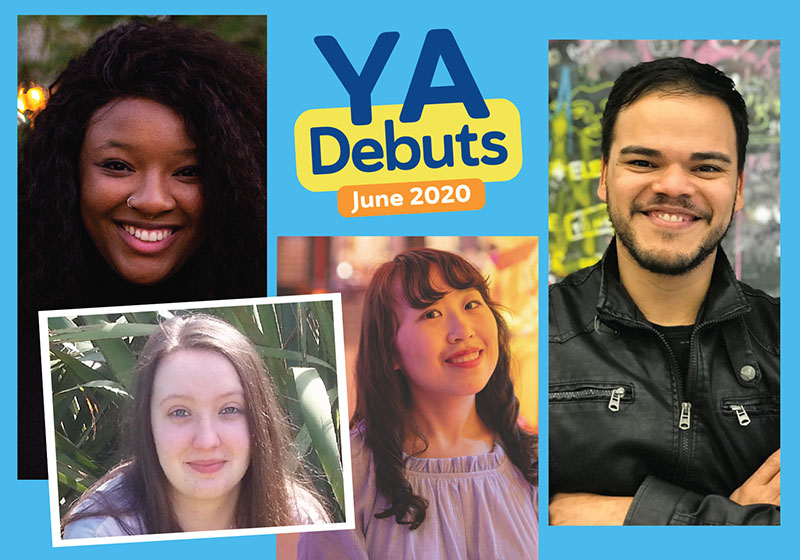Reading Rainbow and a Defense of Complex Thinking
Last week, Levar Burton put up a Kickstarter to get financial support to relaunch the beloved PBS show Reading Rainbow as an app. Actually, it is an app, so I guess it was to expand the app. For a brief moment, the Internet was unified in its love for all things nostalgia and said, yes, let’s do this thing. And then, because this is how the Internet seems to work, the backlash began.
But, it won’t be free for everyone people argued.
But, it doesn’t really teach children how to read but assumes people already know how to read people argued.
And as I read these arguments I realized that part of the problem is that people were trying to have a black and white conversation about very gray things. They have forgotten the complexity of life. They have forgotten that we are a complex people that can have complex points of view. They have forgotten that we have a complex set of needs and interests and there is no one right way to meet them.
ADVERTISEMENT
ADVERTISEMENT
Take, for example, the but it doesn’t teach kids to read but assumes that they already know how to read point of view. The reality is, that yes, many kids don’t know how to read or read well and we need tools to address that. But, many kids DO know how to read and they need tools that meet their needs as well. The beauty of Reading Rainbow for me has always been that it is a love letter to books. It helps kids find specific titles, it brings those titles to life, and it shows them how they can apply books to real life. And while doing that, lots of random facts are shared with kids. Learning happens and a love of reading is stoked. Jezebel made this point really well when they said, “The program wasn’t about how to read, but rather why.”
Every child-centric show doesn’t have to be about learning to read, because we are complex people and we need a wide variety of food for our soul, a balanced intellectual diet if you will. Reading Rainbow is just one tool that we can put in our educational and parenting toolbox. And your toolbox should definitely have more than one tool in it. We don’t have only one subject in school for this very reason; well rounded minds and well nourished souls have complex needs.
As for the argument about meeting the needs of the poor . . . You know I am all about meeting the needs of the poor and addressing poverty issues. This is one of the most important issues of our current generation I feel. But we can’t ignore the needs of others to focus all of our resources and energy into this one people group or this one issue. We have to find ways to be able to talk about a wide variety of issues that are relevant to our times and meet each challenge in unique but functional ways.
For example, I have two children. They have a pretty big age gap between them – six years. They are in completely different places developmentally. They have different needs, different personalities, different interests. I can’t just look at my 5-year-old and say I need to meet your needs and totally neglect the needs of my Tween. I have to invest in them both. I have to find the time and the energy and the resources to meet both of their needs in very different ways. We don’t sit at our dinner table every night and play Candy Land because it is at the 5-year-old’s level. Sometimes we play Monopoly and the 5-year-old has to be on someone’s team and we muddle through. The dynamics of my family are complex, I have to find unique ways to meet the developmental needs of both of my children; I can’t sacrifice one for the other.
This is true when we talk about what programs we are going to use and support, what Kickstarters we are going to donate to and what goals and objectives we are going to meet with our children. For example, we can support Reading Rainbow AND phonics programs for disadvantaged youth. It doesn’t have to be all or nothing.
One of the other criticisms is about the fact that Reading Rainbow won’t be free for all, but only for a few. This is actually a very common thing that occurs in our world today. Not all students get free lunch, it is based on need. It is not uncommon for aid and assistance to be based upon need, so I don’t really have a problem with this in regards to Reading Rainbow. If a school can pay for a subscription to Reading Rainbow without it taking away from other resources to their students and they desire to do so, then they should.
ADVERTISEMENT
ADVERTISEMENT
And yes, part of the monies raised will go to pay for the salaries of those who are developing and maintaining the RR app. Which makes sense because no matter how worthy a cause, the people participating still need to make an income to live. When the show aired on PBS for free, the people involved in making the show still made a salary and that salary came from a combination of donors, corporate sponsorships and some tax monies. Things don’t appear out of the ether for free, it takes a group of people to make these things and if we want things, we must be willing to pay people to produce and distribute said things. Yes, even Reading Rainbow. We can argue about how much they should be paid, and often do when it comes to things like nonprofits; but if we want the economy to keep plugging along and we truly care about people, then we have to understand that we must pay people livable wages, even public servants and those engaged in what we consider to be charitable work and worthy causes.
The beauty of it all is that a Kickstarter is completely voluntary. If it’s not your cause, that’s cool. Don’t donate. Support the things that you are personally passionate about and let others do the same. This is actually a really good system because it means that we end up with a lot of different things in this world, instead of all of one kind of thing. We are not all the same, we don’t all have the same needs or interests, so having a wide variety of things out there in the world means more of us are being enriched in the ways that we need. Variety is the spice of life as they say.
Recognizing that we are a complex group of people living in a complex world allows me to have complexity in my thoughts. It means that I can watch and enjoy Doctor Who and Supernatural while recognizing that they have some serious diversity issues. It means that I can talk about how a large portion of our culture is patriarchal and misogynist while also recognizing that not all men are bad men or potential rapists. It allows me to go to work every day at my library where I try to meet the needs of those living in poverty while also trying to meet the needs of those who have the economic means to have a plethora of connected devices and use the library in a completely different ways. It means that I can recognize that while Reading Rainbow is an imperfect tool with an imperfect delivery system it is still a worthy cause to support.
As for me, I’m glad that Reading Rainbow met its Kickstarter goal. I’m looking forward to seeing those love letters to some newer books being produced to help kids fall in love with books all over again.
Filed under: Controversy, Kickstarter, Levar Burton, Reading Rainbow
About Karen Jensen, MLS
Karen Jensen has been a Teen Services Librarian for almost 30 years. She created TLT in 2011 and is the co-editor of The Whole Library Handbook: Teen Services with Heather Booth (ALA Editions, 2014).
ADVERTISEMENT
ADVERTISEMENT
SLJ Blog Network
One Star Review, Guess Who? (#202)
This Q&A is Going Exactly As Planned: A Talk with Tao Nyeu About Her Latest Book
More Geronimo Stilton Graphic Novels Coming from Papercutz | News
Parsing Religion in Public Schools
ADVERTISEMENT








